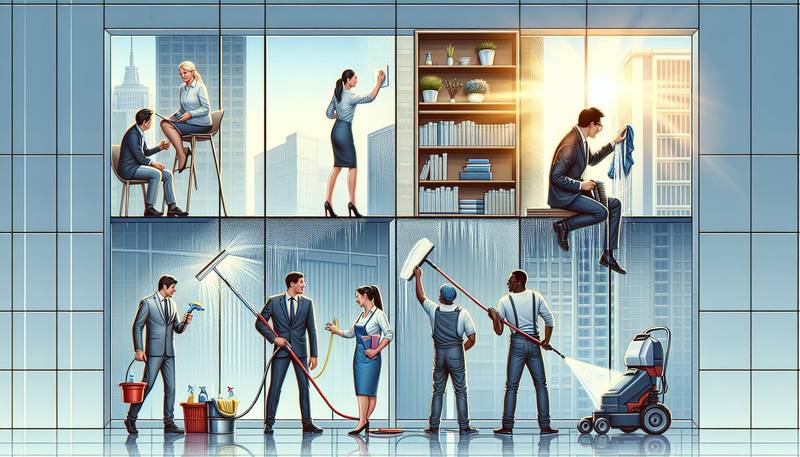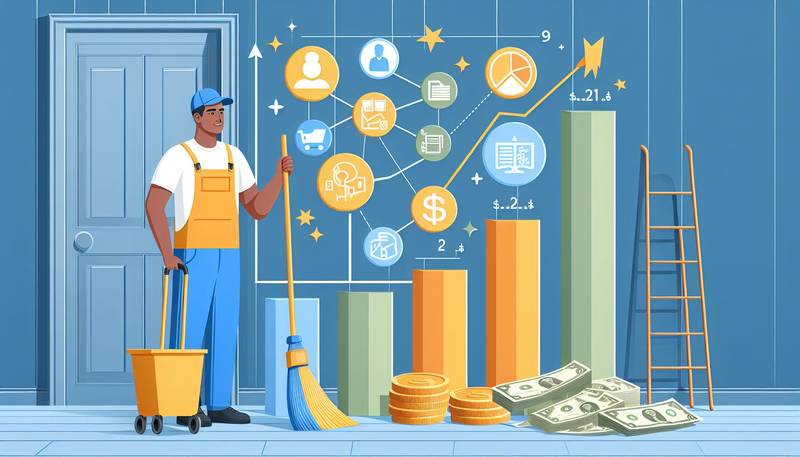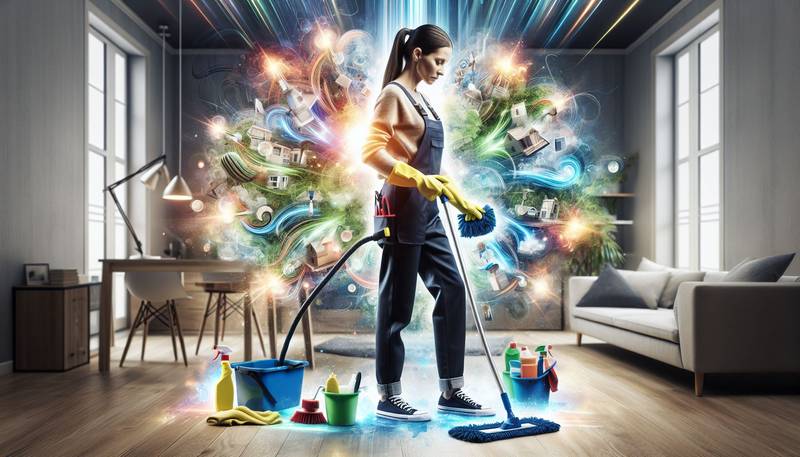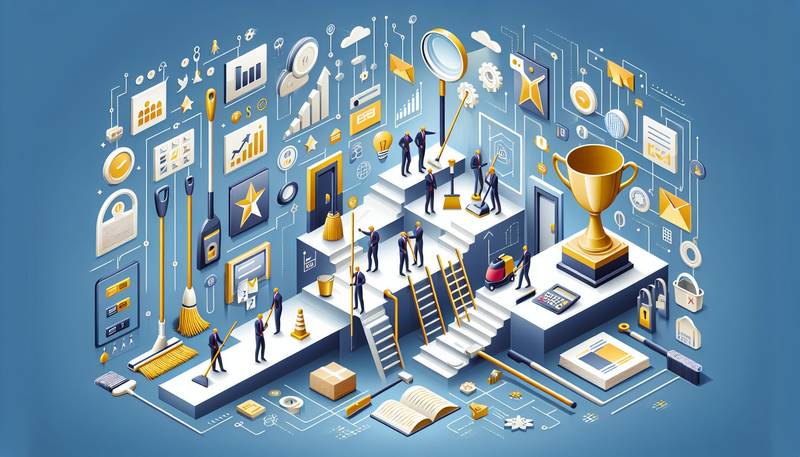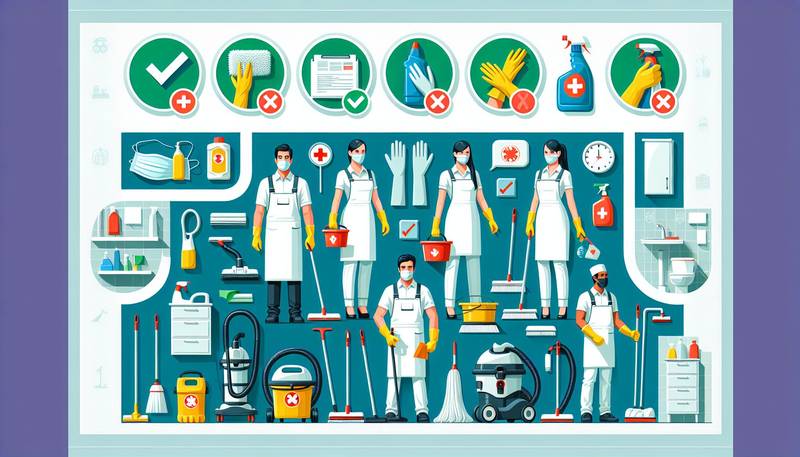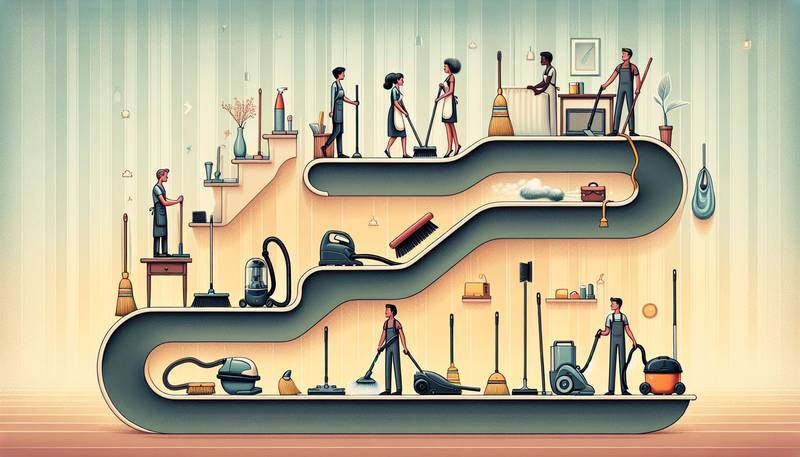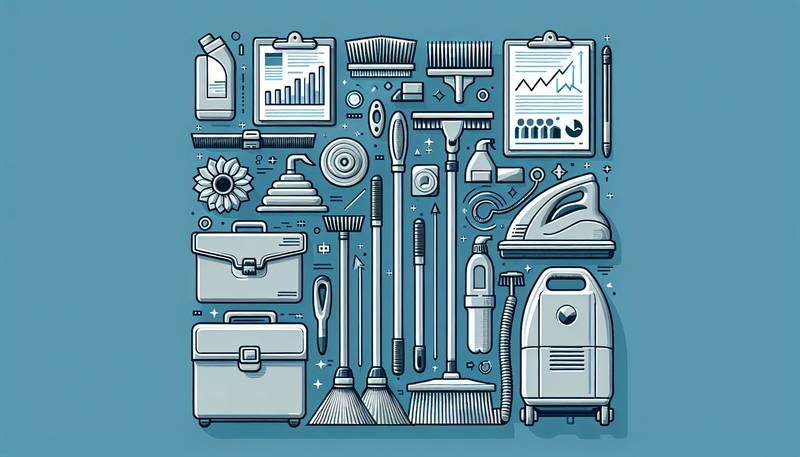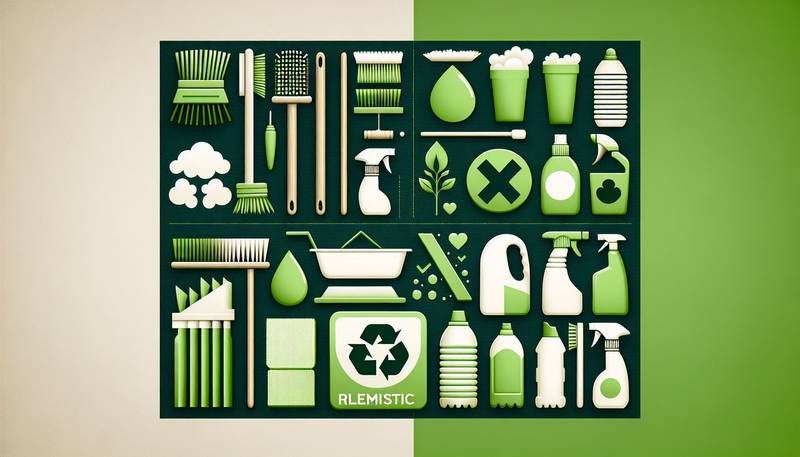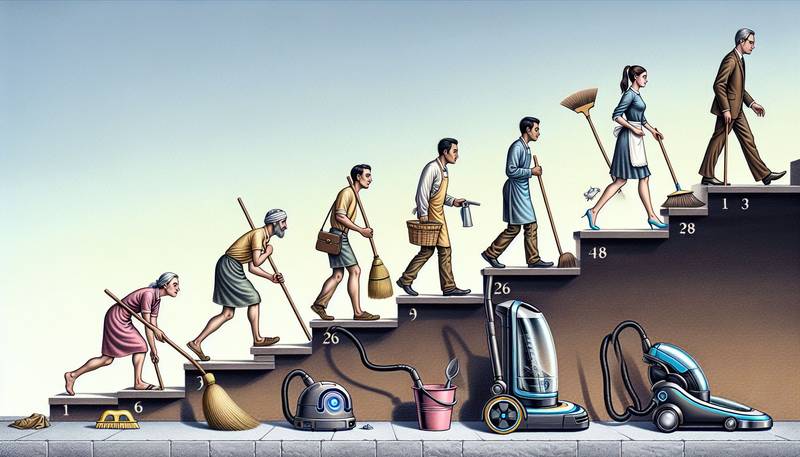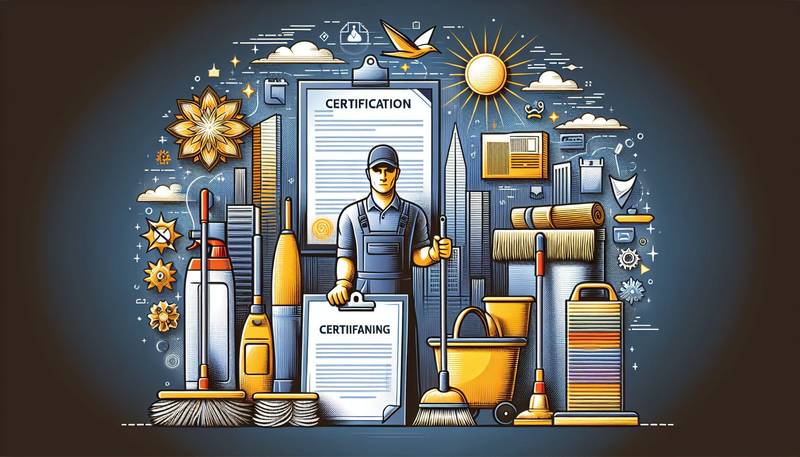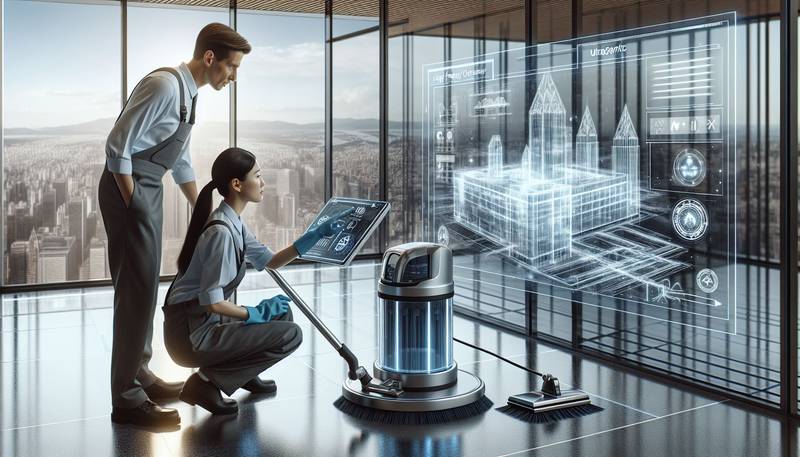Master the Art of Spotless Environments: Strategies for Cleaning Professionals
To achieve the highest level of cleanliness, cleaning professionals must master a range of strategies and techniques. In this article, we will explore some key strategies that can help cleaning professionals excel in their work and deliver exceptional results.
Understanding Cleaning Techniques
Cleaning professionals should have a solid understanding of different cleaning techniques to effectively remove dirt, dust, stains, and grime from various surfaces. They should be familiar with the appropriate cleaning products and tools for different tasks, such as mopping, dusting, vacuuming, and disinfecting. Understanding the science behind cleaning products and how they interact with different surfaces is essential for achieving optimal results.
Time Management
Time management is a crucial skill for cleaning professionals, as they often have to work within tight schedules and deadlines. Prioritizing tasks, creating efficient cleaning routes, and optimizing workflows can help cleaning professionals maximize their productivity and ensure that all areas are thoroughly cleaned within the allocated time. Effective time management also involves setting realistic goals, staying organized, and staying focused on the task at hand.
Attention to Detail
Attention to detail is a hallmark of a skilled cleaning professional. From removing cobwebs in corners to polishing fixtures and appliances, every small detail counts when it comes to achieving a spotless environment. Cleaning professionals should pay close attention to all surfaces and areas, ensuring that no spot is left untouched. Thoroughness and meticulousness are key traits that set apart exceptional cleaning professionals from the rest.
Safety First
Safety should always be a top priority for cleaning professionals. They should be familiar with safety protocols and guidelines for handling cleaning products, equipment, and hazardous materials. Proper training in handling chemicals, using personal protective equipment, and following safe work practices is essential to prevent accidents, injuries, and exposure to harmful substances. By prioritizing safety, cleaning professionals can create a safe and healthy environment for themselves and others.
Communication Skills
Effective communication is essential for cleaning professionals to understand client needs, expectations, and feedback. Clear and open communication with clients, supervisors, and team members can help ensure that everyone is on the same page and that cleaning tasks are performed to the desired standards. Cleaning professionals should be able to listen actively, ask questions, and provide updates on their progress to build trust and rapport with clients.
Continuous Learning and Improvement
The cleaning industry is constantly evolving, with new technologies, products, and techniques emerging to improve efficiency and effectiveness. Cleaning professionals should stay updated on the latest trends and developments in the industry, attend training sessions and workshops, and seek opportunities for continuous learning and improvement. By staying informed and embracing new ideas, cleaning professionals can enhance their skills and deliver exceptional results to clients.
Conclusion
Mastering the art of spotless environments requires a combination of skills, techniques, and strategies. Cleaning professionals who understand cleaning techniques, prioritize time management, pay attention to detail, prioritize safety, communicate effectively, and seek continuous learning and improvement are well-equipped to deliver exceptional cleaning services. By honing their skills and adopting best practices, cleaning professionals can achieve success in their careers and make a positive impact on the environments they clean.
